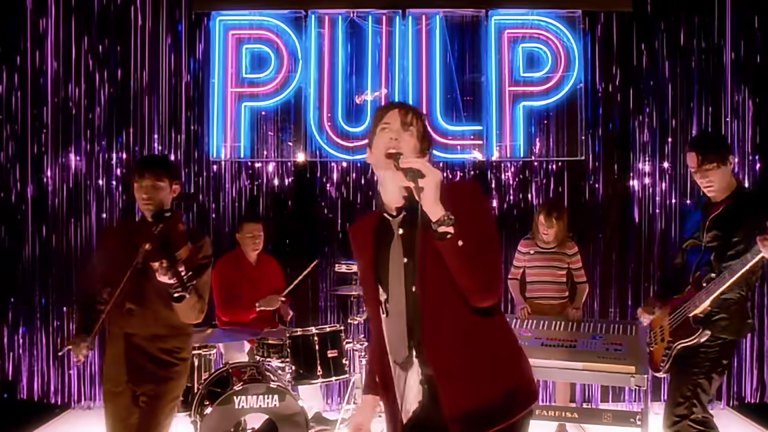Punch-ups backstage, audience brawls, a reviewer smeared with dog excrement – not the latest modern staging of a Verdi opera, but real-life events in actual concert halls. The most recent involves John Eliot Gardiner, the conductor who performed with the Monteverdi Choir and English Baroque Soloists at the King’s coronation.
After a performance of Berlioz’s Les Troyens (The Trojans), Gardiner, reportedly annoyed with William Thomas’s stage positioning, allegedly hit the singer in the face. Official statements blamed new medication for the outburst and Gardiner withdrew from his upcoming concerts. He is now taking a leave of absence to “work on his mental health”.
Of course, ill health manifests in all sorts of ways, irritable mood being one symptom and, if true, a certain amount of sympathy is due. However, if the illness has reached a stage where a musician of the highest seniority – among various honours, John Eliot Gardiner was appointed CBE in 1990 – is physically assaulting a colleague, then something has gone badly wrong.
And that is to give Gardiner a generous benefit of doubt: rumours of his – let’s call it leadership style – have been in circulation for years.
Get the latest news and insight into how the Big Issue magazine is made by signing up for the Inside Big Issue newsletter
It’s a problem that particularly pertains to conducting, a role that requires large groups of musicians to closely follow one person’s vision. The best baton-wielders exert quiet authority, the worst, loud authoritarianism. But that quiet authority must be benevolent – as we saw in Tár, this year’s pseudo-biopic starring Cate Blanchett, conductors can easily cross the line.










